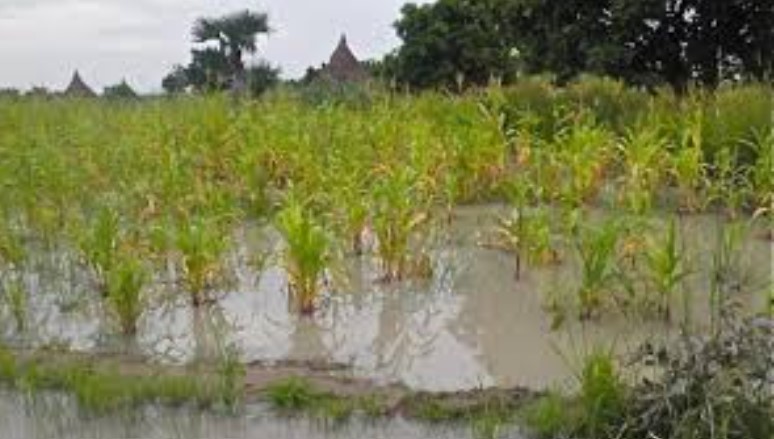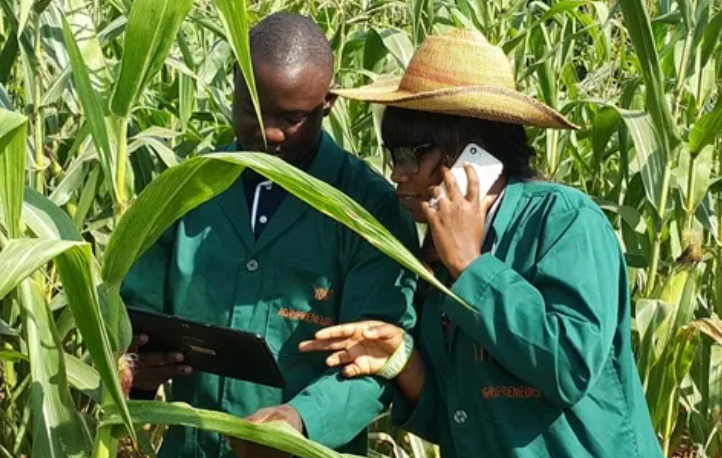
Malnutrition: Nigeria accounts for 68% anemic pregnant women — FMARD
- Agriculture
- No Comment
- 368
Says 34% of children under 5 are stunted
The Federal Ministry of Agriculture and Rural Development, FMARD, Tuesday, disclosed that Nigeria accounts for about 68 percent of anaemic pregnant women, due to the level of malnutrition in the country.
Abubakar, represented by the Head Nutrition, FMARD, Dr Oyeleke Rasaq, lamented the percentage of children under the age of 5 that have stunted growth.
He said, “Yes far and large we are making good progress towards food security in Nigeria, but when it comes to malnutrition the indices are quite appalling when we have about 34 percent of our children under age of five being stunted. And about 68 percent of pregnant Nigerian women are anaemic.
“More so that we have about nine percent of our children under the age of five wasting. That is why to join other partners, FMARD is adopting food based approach towards tackling malnutrition.”
On consumption of foods, he explained that FMARD in collaboration with stakeholders and partners, will continue to ensure food products are safe for consumption locally, until the ban on some of the nation’s international produce is lifted.
He reiterated the commitment of FMARD in providing more resources to post harvest loss reduction, saying that, “we are ready to collaborate with all relevant stakeholders with a view to making sure that the investment are coordinated to have resorts.”
In his presentation on the overview of the project and its expected outputs, Head of Station, International Institute of Tropical Agriculture, IITA, Lateef Sanni, said post-harvest losses in cassava and maize after harvest of both quantity and quality deprive farmers of the full benefits of their labour.
His words, “The project Reducing post-harvest losses across Vitamin A Cassava (VAC) & Vitamin A Maize (VAM) value chains in the federal states of Kano, Oyo, Niger, Kaduna, Cross River, Osun, Anambra and Imo States of Nigeria is designed in response to post-harvest losses faced by these crops.
“The overall objective of the project is to improve the adoption of post-harvest loss reduction practices across the VAC and VAM value chains in Nigeria, with further emphasis on aflatoxin awareness and mitigation strategies for VAM, amongst key value chain actors (i.e., farmer, input dealers, aggregators, transporters, food processors) in 8 States.”
In his remarks, the Country Director, Global Alliance for Improved Nutrition, GAIN, Michael Ojo, said, “GAIN and Harvestplus realise that actions towards addressing post-harvest loss and aflatoxin build up along Provitamin A Cassava and Provitamin A maize value chains are key inputs in unlocking commercial values for these food commodities. Post-harvest losses decrease profit margin of actors across the value chain and food availability for consumers, while aflatoxin contamination makes the food unsafe for consumers.”
The project is co-led by, IITA, GAIN, HarvestPlus and CGIAR, with funding from the Federal Ministry for Economic Cooperation and Development, Netherlands.
By Fortune Eromosele – Abuja
https://www.vanguardngr.com/2022/05/malnutrition-nigeria-accounts-for-68-anaemic-pregnant-women-fmard/





